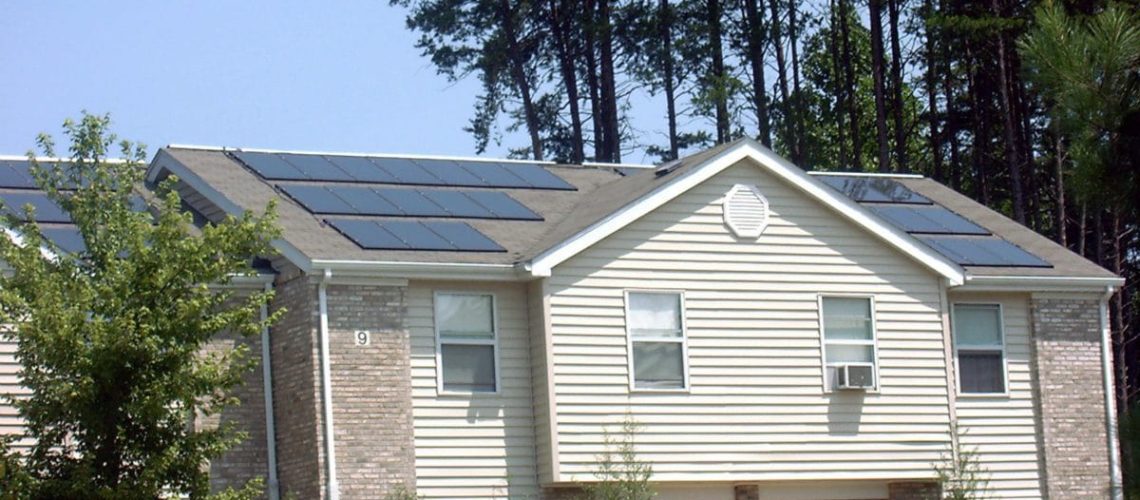Net metering payments were slashed while a new efficiency incentive was also unexpectedly rejected.
Another state has moved towards slashing payments to new rooftop solar customers, as North Carolina regulators voted to approve a cut to net metering. Net metering involves crediting customers on their utility bill for sending excess solar generated electricity to the grid and is an important part of a homeowner’s return on investment in solar.
Utility Duke Energy said customers that would have enjoyed $80 to $98 of monthly bill savings will now save only $40 to $68 a month under the new regime. Net metering credit rates will fall from today’s value of $0.05 per kWh to $0.20 per kWh to a lower rate of only $0.03 per kWh.
The rulemaking also calls for a minimum bill for new solar customers ranging from $22 to $28 per month. This places a cap on how much a customer can reduce their utility bill, even if 100% of their electricity demand is met by their solar array’s production.
New solar customers will also have to choose either a time-of-use (TOU) based plan or a critical peak pricing plan, moving away from a fixed price model for non-solar customers. This change was made to address the real-time value of energy on the grid based on the intermittency of solar generation. Instead of a fixed rate of around $0.11 per kWh, customers would be charged $0.056 and $0.077 per kWh during peak solar generation hours, and as much as $0.17 to $0.19 per kWh in times of low solar irradiance and high electricity demand like during early mornings and evenings.
Existing net metering customers are grandfathered into their older, more preferable net metering rates only until 2027, potentially posing a problem for rooftop solar owners that expected a certain return on their investment.
The net metering cuts were part of a compromise, made in May 2022, after long negotiations from installer Sunrun, the Solar Energy Industries Association, and the North Carolina Sustainable Energy Association. The compromise included a delay in implementing TOU-based rates for net metering customers and provided a “bridge rate” for new net metering customers.
Accepted as part of negotiations with utility Duke Energy, the bridge rate and delayed TOU were expected to soften the blow of cutting net metering rates and assessing a minimum fixed monthly charge.
The net metering structure was accepted by the negotiators with an understanding that there would be a new energy efficiency and solar incentive in the state, which was also rejected by regulators in the March 23, 2023 rulemaking session. The incentive would have provided customers who pair solar with electric heating an average of $2,500 in value for a 7 kW rooftop array, while paying customers an initial $75 bill credit and a $25 credit each year.
The two rulings were received as strongly negative outcomes for the rooftop solar industry.
“This ruling is just rotten,” said Jim Warren, executive director of NC Warn. Warren said Duke Energy got “everything they asked for, and more” in the negotiations.
NC Warn, which has been a leader in the opposition to this rulemaking change, has committed to continuing to fight the decision. It cites a 2017 law that mandates an independent cost-benefit analysis before any changes are made to net metering policy.
North Carolina currently has nearly 8 GW of solar installed or enough to power nearly one million homes. The state is currently getting more than 8% of its electricity needs from the sun. Read more about North Carolina solar incentives here.



